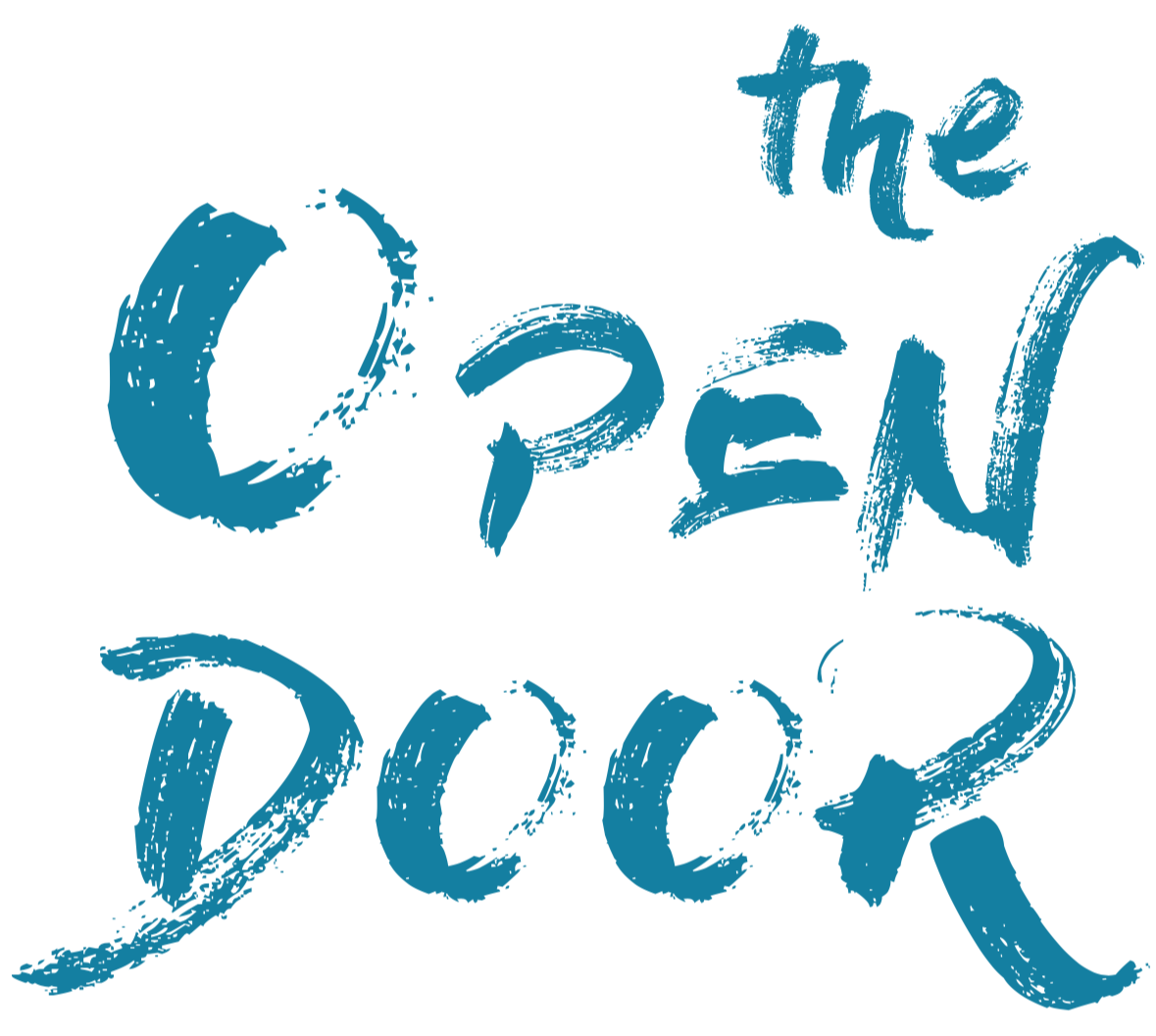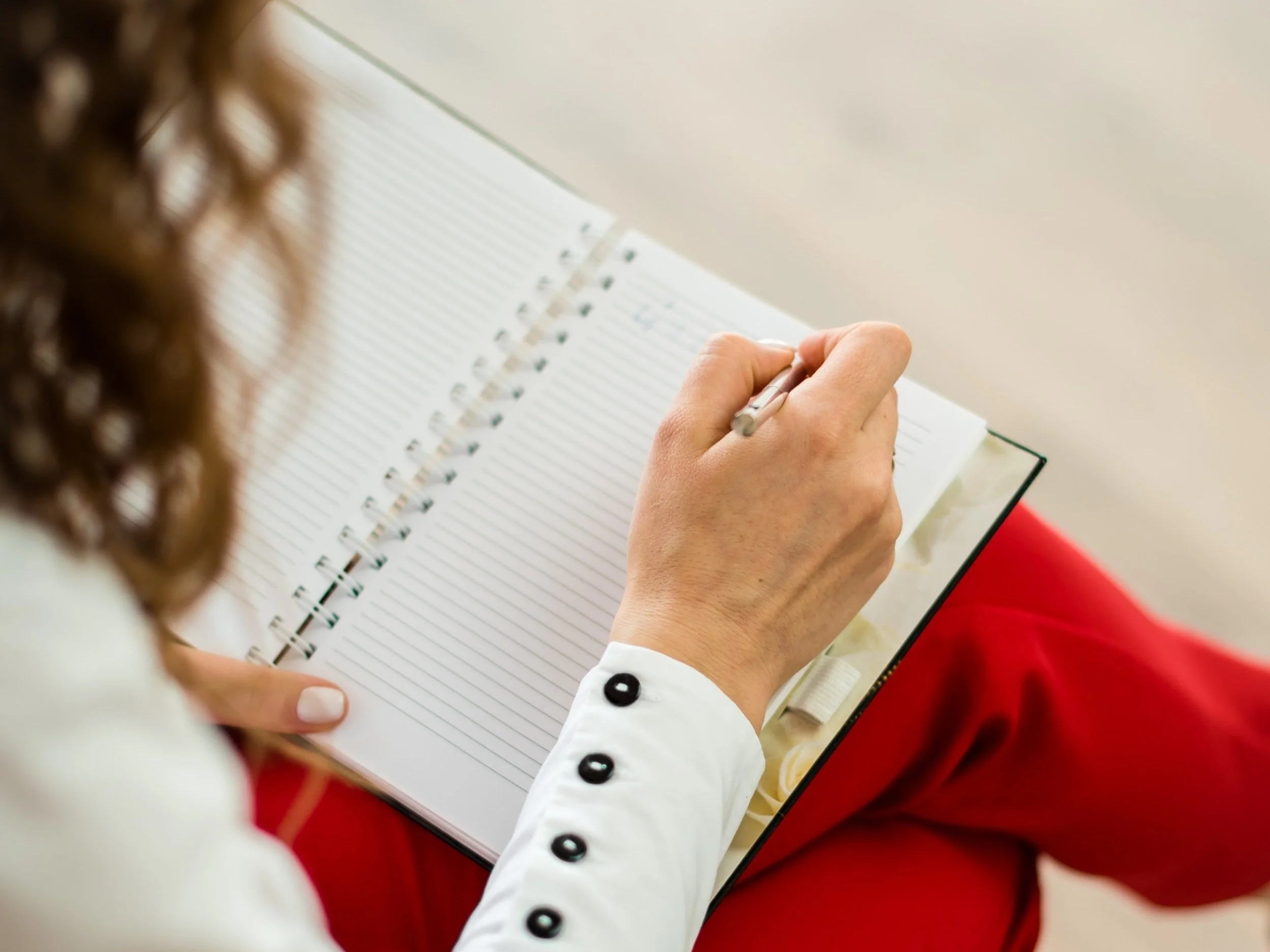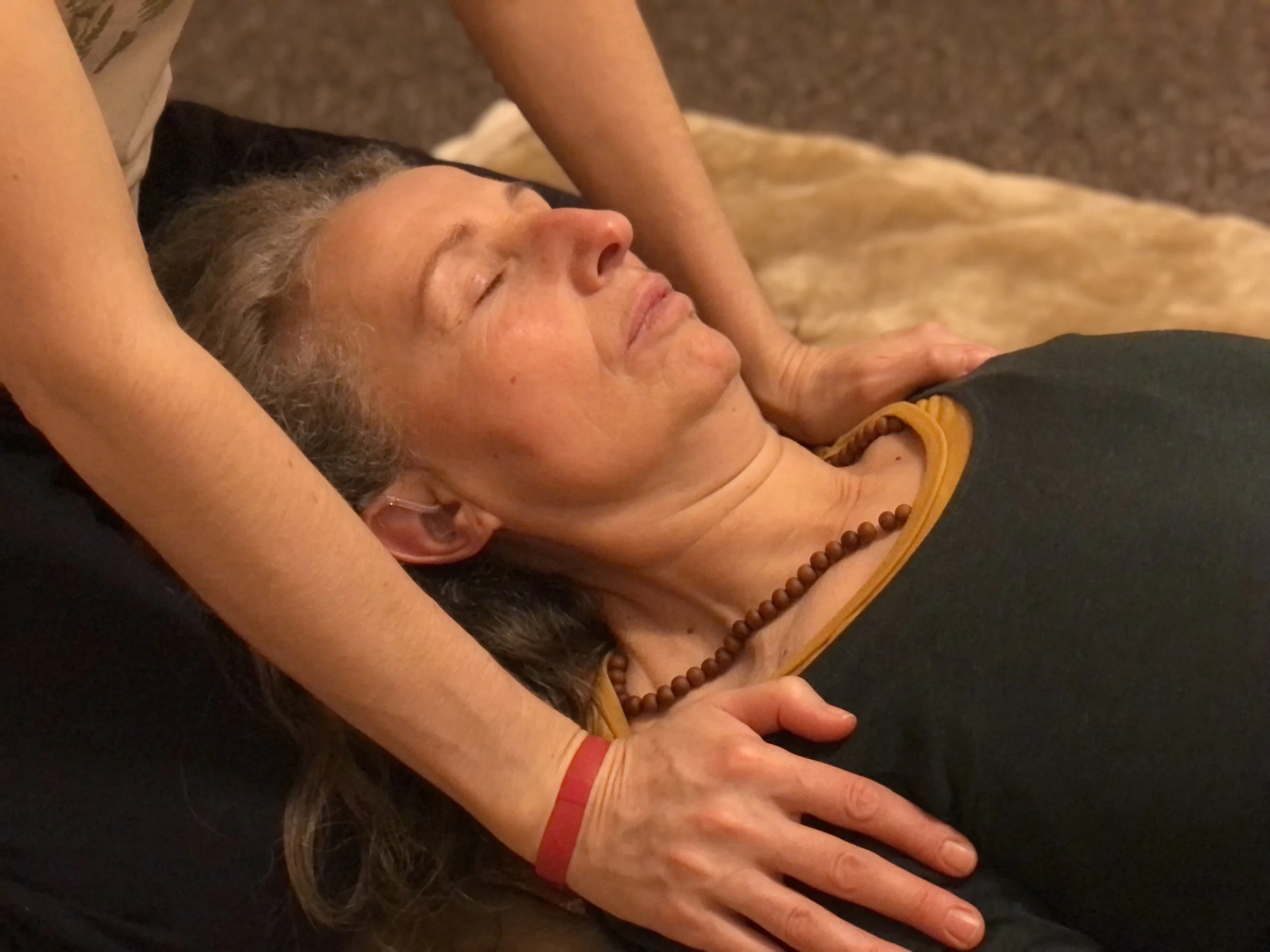Healing through Family Constellations
For most of us it’s possible to appreciate the concept of interconnectedness on a rational level, the idea that we are interdependent, but perhaps it’s more difficult for us to experience this on a much deeper level, to have a sense of what this is within our very bones and within our soul. In today’s modern western culture, perhaps it’s more difficult for us to be truly confident in this level of knowing, to rest in this place of understanding which is deeper than the rational mind.
At points in our history we have lived closer to the land, providing us with a sense of immediacy in terms of our relationship with, and connection to nature. We lived in villages and small communities where we experienced a clear structure, a deep sense of natural hierarchy and the correct order of things, were our sense of place and home was deeply felt, an unquestionable sense of belonging.
Read More
Dynamical Neurofeedback by Elizabeth Klyne
NEUROFEEDBACK
Introducing Dynamical Neurofeedback by Neuroptimal - Regulate your nervous system and improve your cognition, mindfulness and health through brain training.
Neurofeedback is a breakthrough technology that can address many issues, including sleep problems, anxiety, depression, PTSD, brain fog, poor memory, emotional resilience, mood swings, creativity, low energy, learning difficulties, brain injury, performance, mental clarity and stress management.
Many of us who are dealing with chronic mental or physical conditions, mood difficulties, poor concentration, sleep challenges and the effects of stress and trauma can reach a point of frustration when we still find ourselves unable to resolve long-term symptoms.
Read More
My Experience at The Open Door Clinic by Emily Barham
As a year 10 work experience student, I had the opportunity to explore a variety of workplaces. While I could have chosen anything that caught my eye, my interests lie in people and how they interact with one another. So, I contacted a therapy company in the middle of town whose website captivated me, and I secured a week-long placement to explore my interests in this topic.
As the week went on, I settled in and felt a sense of safety projected by others I talked to. The atmosphere was calm, collected, and comforting, and everyone from the clients to the therapists was warm and welcoming. Rather than listing what I found great about the place, I will focus on what I learned and how it will help me in the future.
I talked to a variety of therapists with different areas of expertise. For example, I spoke with a psycho-spiritual counsellor who shared his idea of love-centered counselling, and I sat in on a yoga lesson, which was transformative in the way I viewed movement.
Read More
Mental health discussions in a group environment
History of mental health
As a work experience student hoping to explore mental well-being and counselling, I see that mental health can come across in different shapes and sizes and has a long and intricate history. For many people coping with or hoping to talk about mental health, they can struggle to find an environment where they feel safe and able to share past experiences about mental health openly. Many can find refuge in one-on- one session but others feel comforted in a group environment where they can relate to others.
Sitting in on a group well-being session -led by Dafna Bartle- and being able to observe the connections the group of 60+ women had formed over some time, made me realize that these women had formed a friendship that made them feel warm and secure and able to share deeper and meaningful things about themselves to others that might feel the same way or have similar opinions
Read More
7 Aspects of Self-Compassion
From schooldays onward, there is encouragement for us to be kind to others. But what about being kind and understanding to ourselves? Is self-compassion even desirable, or is it a selfish excuse to let us off the hook? Is this a worthwhile quality to aspire to? I’ll come back to these questions. But first, what is compassion and what is self-compassion?
Compassion means to ‘suffer with’. So, to have compassion for someone, first we must notice their pain. We are able to do this because we can imagine their suffering for ourselves. And we want to respond with kindness to help ease their suffering if we can. To have self-compassion is to respond in much the same way when we recognise our own suffering. We too are a person deserving compassion, as much as anyone else. But why focus on self-compassion? Is there not a danger of becoming too self-centered?
Read More
The shapes of our grief
Grief can come in circles, in spirals, in tangled lines, in the outline of a broken heart, in the jagged profile of a mountain peak or of an iceberg in a frozen sea.
Grief, in my experience, has never come in a straight line, in a series of stages that we progress through, one after the other, until we are done.
I see it most often as a circular path. The first time we struggle, stumble around it, it is crowded with rocks, with great gaping holes, with brambles, thorns that tear at our hair and skin, with a whistling wind, with dark clouds and soaking rain. Sometimes we collapse in despair, think this journey will never be over. Sometimes we force ourselves to keep walking, taking step after step. Sometimes we wish we could turn and run the other way, undoing whatever has happened in our lives to cause us such pain. Eventually, whatever our approach, we find ourselves at the beginning again.
Read More
Freedom - by Jana Krychtalkova
At times we can all feel that we have no choice. But that couldn’t be further from the truth of who we are. As each of us is an unique aspect of the Divine and this sacred self within is always absolutely free. In our humanness we can create experiences which might make us feel stuck or trapped and although the experience itself can feel very real, it is still based in illusion and there is always a way out. You only need to remember that in fact you are free. So anytime you feel limited or restricted you could start reminding yourself silently: I am free.
Your focus is like a magic wand. Certain thoughts activate certain energies. And the thought I am free starts gently untangling you from any illusionary limitation you might have temporarily placed on yourself. Allow this to be a gentle process.
Read More
‘Yangsheng’ - Nourishing Life - from an Acupuncturist's perspective
As a Traditional Chinese Medicine and Five Element Acupuncturist, I receive acupuncture myself on a regular basis in order to maintain my health and wellbeing and I am conscious of the surprise of some of my friends when I explain this, as it appears to be a common belief that acupuncture is only used to treat physical conditions or disease.
During my first year of studying Chinese Medicine over 10 years ago, I was fascinated to learn that, historically, each village in China would be under the care of a Chinese physician whose job it was to keep the village well so that villagers could continue to work and, in return, the physician would be fed and clothed by the village. It, therefore, benefitted the physician to practise preventative medicine!
Read More
How Shiatsu has helped me this Winter...
One of the things I love about Shiatsu is that having treatments helps me stay in tune with my body, which helps me take the best care of myself on a day-to-day basis, in response to what my body needs at the present time.
By having regular treatments, I am always deepening in listening to my body, getting to know my body as a precious being that for many years I ignored but with whom I am now in a loving relationship.
One example of this is that in December, I received a Shiatsu treatment and the practitioner could see that my body wanted to move more. So, the focus of the treatment was gentle moving and stretching.
Read More









